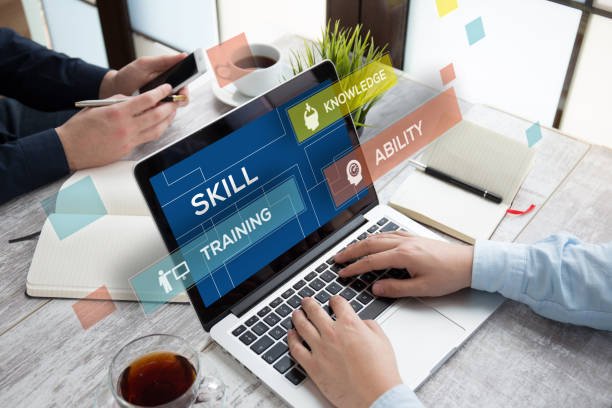On this page, we discuss three computer-related 21st-century literacies.
What if computers were the new pencils? How have our literacy needs evolved in the digital age? How are these digital literacies influencing the way we think, communicate, and learn?
The 21st century heralds an era of rapid technological advancements, and with it, the need to adapt and acquire new forms of literacy. Beyond conventional reading and writing skills, modern society requires a plethora of computer-related literacies to navigate this digital world effectively.
The Three Computer-Related 21st-Century Literacies
Here are three pivotal computer-related 21st-century literacies:
- Digital Literacy: What would happen if you couldn’t differentiate between genuine information and fake news online? How vital is it to know how to evaluate digital content?
- Description: Digital literacy involves the ability to locate, understand, evaluate, create, and communicate digital information. It’s not merely about using digital tools but understanding their implications, potential, and limitations.
- Relevance: With the explosion of online content, it’s imperative to discern credible sources from unreliable ones. Digital literacy enables individuals to filter through the vast amount of information online and glean what’s accurate and useful.
- Information Literacy: How does one sieve through the overwhelming data online? What skills are essential for analysing and using online information effectively?
- Description: Information literacy is the knack to recognise when information is needed and the proficiency to locate, evaluate, and use the necessary information effectively. It combines traditional research skills with digital prowess.
- Relevance: Especially crucial for students and professionals, information literacy aids in conducting research, completing assignments, and making informed decisions. It shapes critical thinkers who can navigate the sea of information on the internet and derive meaningful insights.
- Technological Literacy: Have you ever considered how pivotal it is to comprehend the basic principles of the digital devices we use daily? How are these tools shaping our lives and interactions?
- Description: Technological literacy encompasses understanding the underlying concepts, principles, and operations of technology. Individuals are not just passive consumers but active participants who can adapt and manipulate technological tools to serve their needs.
- Relevance: As we become increasingly dependent on digital devices in our personal and professional lives, understanding their workings becomes crucial. This literacy ensures we can troubleshoot issues, customise tools to our needs, and remain aware of potential risks associated with technology.
In conclusion, as the landscape of communication, information, and technology morphs, so do our literacy needs. The aforementioned literacies are pivotal in ensuring that individuals are not merely passive consumers but empowered actors in the digital realm. The journey of navigating the 21st-century digital landscape is exciting, challenging, and ever-evolving, and these literacies equip individuals with the tools to journey confidently.




